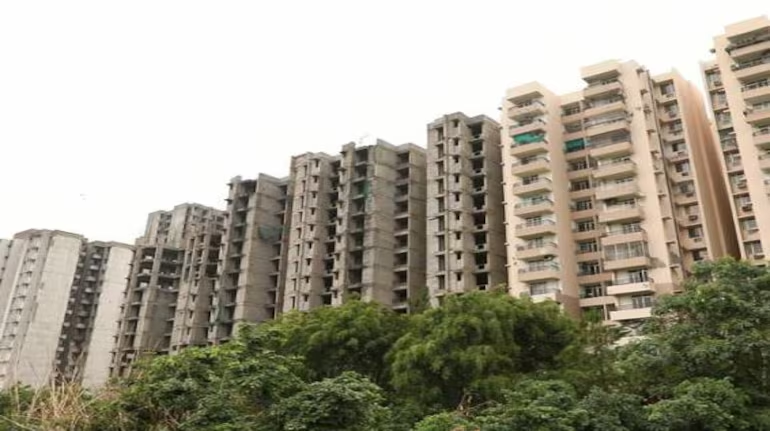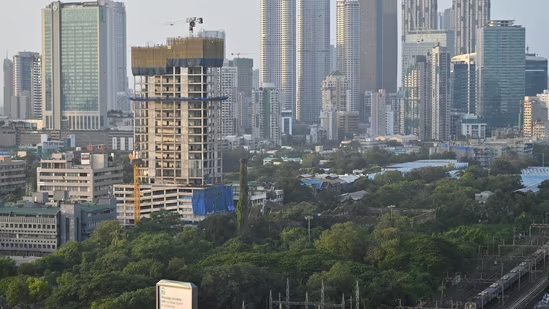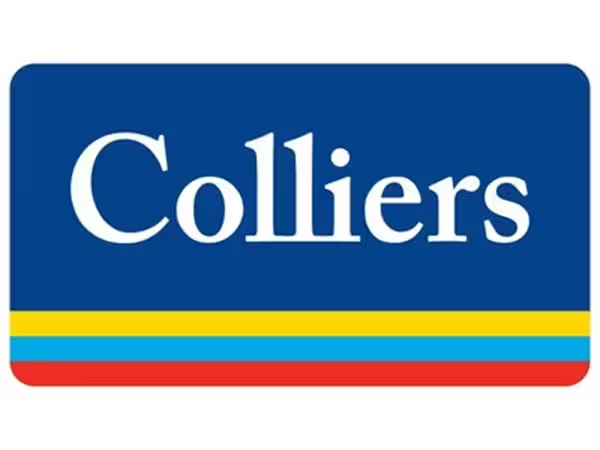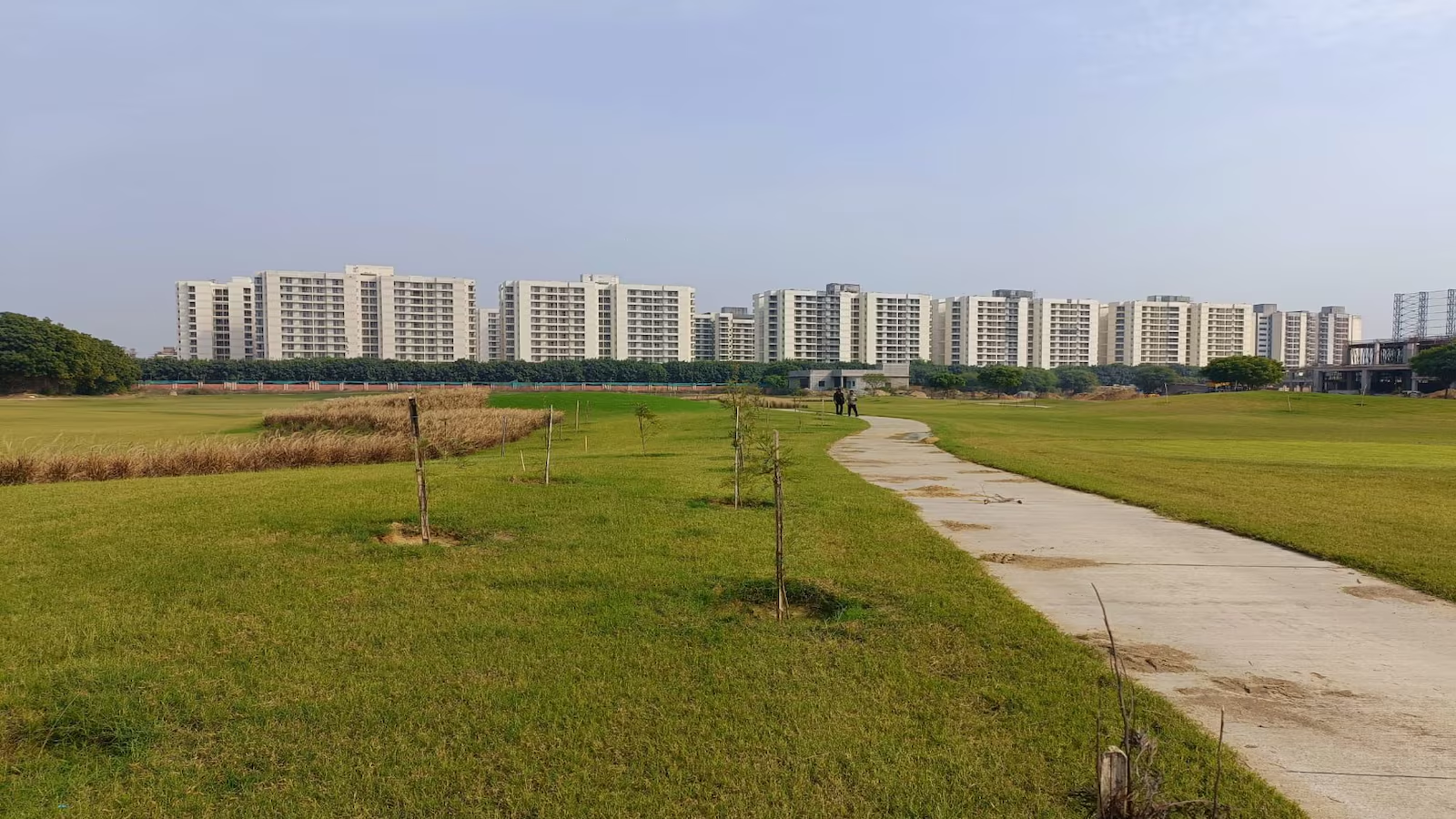Main
15-20% Housing Business Resumes 15-20% Business Despite Lockdown
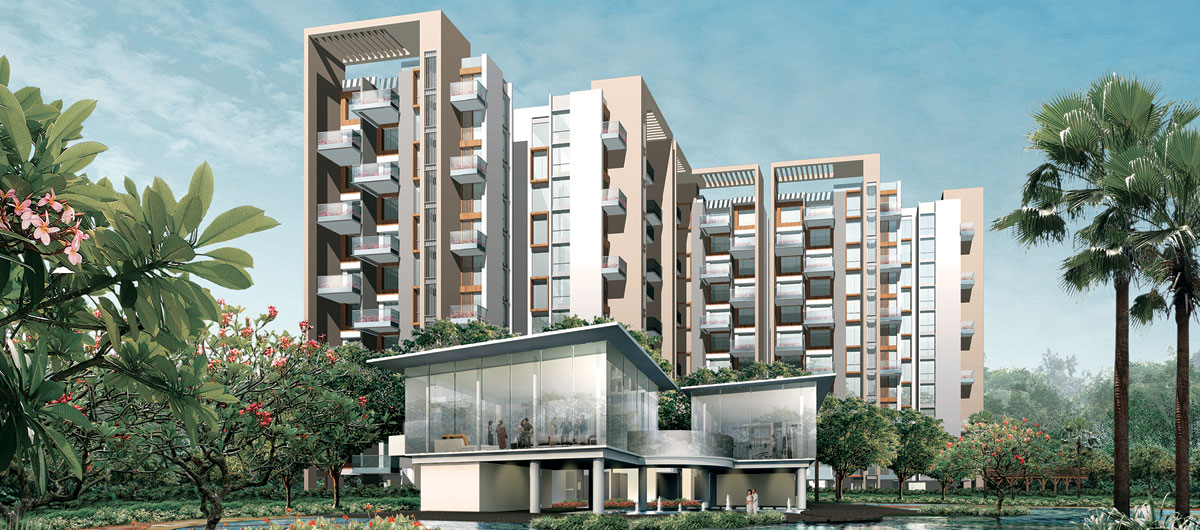

- Homebuying going increasingly digital, top developers leverage digital sales tools to beat Covid-19 blues
- Of total 3,000 homes sold by Godrej Properties in FY Q4 2020, at least 17% were sold in second half of March alone
- Amidst stock market volatility & recent-past financial sector turmoil, physical asset becoming increasingly relevant
- For NRIs, Indian real estate now even more appealing due to depreciating rupee value


Every crisis brings opportunities, and Covid-19 is no different – online home sales are now beginning to gain serious traction. Despite the lockdown and all on-ground activity halting across the country, top developers have been able to resume at least 15-20% of their business due to increased digital penetration. Existing digital sales capabilities are being ramped up rapidly to sustain operations even in the lockdown.
For instance, listed player Godrej Properties reports that they have sold as many as 500 homes (or 17% of their total quarter sales) in the second half of March alone. The company reportedly sold 3000 homes worth INR 2,380 crore in the last quarter of FY 2020. Interestingly, the number of homes sold (as well as the value of sold units) were the highest the company achieved in any quarter of FY 2019-20. Other listed developers will report similar sales figures once they report their quarterly results after the current lockdown extension.
Real Estate vs Other Asset Classes
The renewed digital push to property sales coincides with a highly opportune time for the Indian residential sector to bounce back ahead of most other asset classes. The Indian stock market was left reeling after a massive wave of selling. Additionally, just before Covid-19 made its landfall in India, the Indian financial sector was in turmoil in the wake of PMC and Yes Bank crises, which raised safety concerns and weakened the appeal of letting money stay parked in banks. The depleting interest rates on saving bank accounts and fixed deposits are another sentiment dampener.
In the midst of such turmoil and churn among other asset classes, physical assets can be relatively safer investment product. ANAROCK research points out that average property price in the top 7 cities remained more or less stable over the last few years – from INR 5,490 per sq. ft. in 2016, it increased by just 2% to INR 5,580 per sq. ft. by 2019-end.
While it was widely expected that prices would rise in 2020, the pandemic has set a different tone. Prices will mostly remain stagnant and developers will tread cautiously. Some cash-starved developers with high unsold stock consider reducing prices for a short period, but investors are even now in a good position to negotiate.
In an environment where homes have become the central concept of the ongoing coronavirus containment measures, residential real estate has predictably shifted back into sharper focus. The latest trends in digitally-enabled property acquisition will gain increasing importance.
Depreciating Rupee – Advantage NRIs
The rupee’s depreciation against the US dollar has been a factor of considerable interest for NRIs considering Indian real estate as the most sensible investment option
ANAROCK’s consumer survey for H2 2019 indicated that for 68% NRI participants, real estate was considered the best asset class for investment, followed by 16% favouring stock markets.
However, the recent stock market volatility, coupled with the favourable rupee-dollar exchange rate in the time of the coronavirus crisis, present a significant opportunity for NRIs to consider investing in Indian real estate. In fact, a significant portion of NRIs who previously favoured the stock markets will now focus more on real estate.
-



 News3 weeks ago
News3 weeks agoKW Delhi 6 Mall Onboards New Brands
-



 News4 weeks ago
News4 weeks agoManasum Senior Living Launches IKIGAI GOA, A Senior Living Community in North Goa, in collaboration with Prescon Homes
-



 News2 weeks ago
News2 weeks agoGodrej Properties Sells Rs 3k cr+ Homes of Godrej Zenith, Gurugram, within 3 days
-



 News3 weeks ago
News3 weeks agoCommercial Realty Gets Tech Savvy: Fast Construction, Enhanced Convenience
-



 News4 weeks ago
News4 weeks agoBridging India Divide: Top 5 Tier- 2 Cities to Focus On
-



 News4 weeks ago
News4 weeks agoMultipoint Connection – A Definite Boon
-



 News3 weeks ago
News3 weeks agoRBI’s Status Quo on Key Policy Rates to Help Maintain the Real Estate Growth Momentum, Say Industry Stalwarts
-



 News1 week ago
News1 week agoOlive Announces Dhruv Kalro as Co-Founder








